During the last few years, the College of Forestry, Wildlife and Environment (CFWE) has invested heavily in recruiting top academic talent for its instruction, outreach and research missions. These individuals bring a unique perspective, background and expertise to the table, reinforcing the CFWE’s commitment to Auburn’s land-grant mission. Learn more about these individuals below.

Liam Berigan
Liam Berigan is a wildlife ecologist who specializes in quantitative approaches to avian ecology and conservation. In addition to conducting research and teaching statistics, he provides statistical and quantitative consulting within the college. Berigan earned his doctorate in wildlife ecology from the University of Maine, where he used tracking devices to study American woodcock migration.
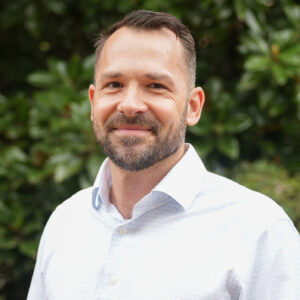
Michael Brunson
Michael Brunson specializes in outdoor recreation, environmental interpretation and parks and protected area management. His teaching and research focus on recreational behavior, education and the relationship between visitor use and conservation. Brunson earned a doctorate in park management and conservation from Kansas State University and a master’s degree in environmental studies and conservation policy from Prescott College.
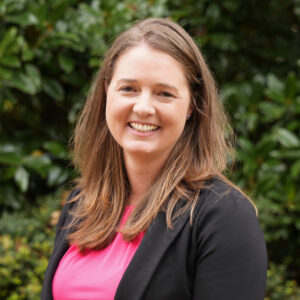
Jo Daniel
Marissa Jo Daniel focuses on forest operations, supply chain management and forest economics. Her teaching covers courses in forest surveying, procurement, harvesting and private sector forestry. Daniel earned a doctorate in forest operations and holds degrees in forest management, fish and wildlife biology, forest economics and policy and business administration. She has worked in forestry across the United States and internationally in countries including Senegal, Peru, Mexico, China, Canada, South Africa, Romania, New Zealand, Italy and Poland.
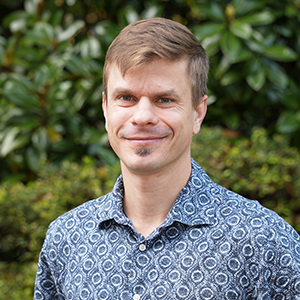
Matthew Jurjonas
Matt Jurjonas is an expert in resilience, conservation planning and community adaptation to environmental change. His research focuses on building adaptive capacity in communities responding to shifting ecological and social conditions. Jurjonas earned a doctorate in parks, recreation and tourism management from North Carolina State University. His applied perspective is shaped by professional experience as a fisheries observer in Alaska, with a watershed group in Colorado and as a conservation social science consultant in Mexico and the United States.
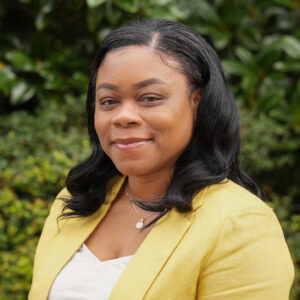
Annakay Newell
Annakay Newell specializes in plant pathology, forest health and community-focused Extension. Her work examines how pests, pathogens and environmental stressors influence southern forests while creating practical strategies to help landowners and communities build resilience. Abrahams earned her doctorate in plant pathology from the University of Georgia where she investigated the life cycle, population dynamics and genomic structure of a blueberry pathogen. Her research interests center on disease ecology, forest resilience and connecting science with people.
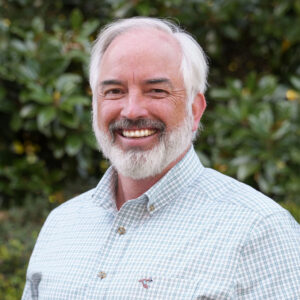
Jim Noles
Jim Noles is a professor of practice in environmental law with expertise in federal environmental regulations. His teachings and professional work focus on laws such as the Clean Water Act and the Endangered Species Act. Noles earned a law degree from the University of Texas after completing his undergraduate degree in international history at the United States Military Academy at West Point. He practiced environmental law for more than 25 years before joining the CFWE to pioneer the environmental law minor program and graduate coursework.
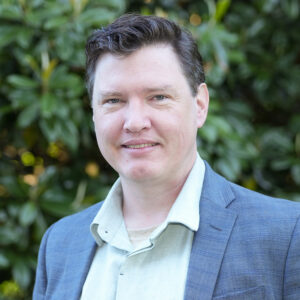
Tim Shearman
Tim Shearman is an expert in forest disturbance ecology and resilience. His research focuses on how fires, hurricanes and insect or fungal outbreaks shape forested ecosystems, with an emphasis on plant traits that enable survival and reproduction after disturbances. Shearman also explores management approaches, such as prescribed fire, to maintain and restore forests while reducing wildfire risk. He earned a doctorate in forest resources from Clemson University and teaches dendrology.
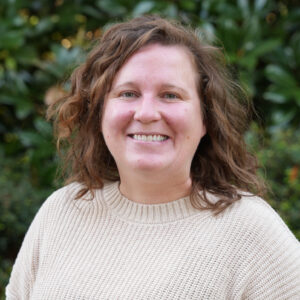
Molly Simonis
Molly Simonis is a wildlife disease ecologist whose research focuses on pathogen and immunity dynamics in North American bats. Her work combines field, laboratory and quantitative methods to explore how bats respond to infections and environmental changes, with emphasis on species in the southeastern United States. Simonis earned a bachelor’s degree in environmental biology from the University of Dayton and a master’s degree in biological sciences as well as a doctorate in environmental sciences from Wright State University. Before joining the CFWE, she completed postdoctoral research at the University of Oklahoma, focusing on disease modeling and bat cellular immunity across the United States and Neotropics.
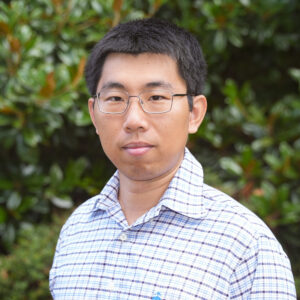
Yang Yang
Yang Yang is an expert in forest soils, biogeochemistry, and critical zone science. Yang’s interests and teaching responsibilities focus on forest soils and forest biogeochemistry. Yang earned a doctorate from SUNY College of environmental science and forestry in environmental science, specializing in nutrient cycling in terrestrial ecosystems.









